
The 6th International Symposium on Pathomechanisms of Amyloid Diseases will take place on December 4-6, 2024 in Tallahassee, Florida.
The purpose of this symposium is to bring established investigators, junior researchers and industrials together to discuss and expand this exciting area of research. In addition, a series of educational lectures are planned to educate the beginners (students and post-doctoral fellows) and motivate them to pursue research in this area. Partial support for graduate students and post-doctoral fellows will be offered.
The scientific program includes talks by experts in the field as well as in-depth discussions during the informal sessions. There are opportunities for oral presentations, poster presentations and flash poster presentations of your work. Our aim is to summarize what is already scientifically known and learn about cutting-edge research. In addition, this symposium is a great forum where junior trainees can meet and network with established investigators.
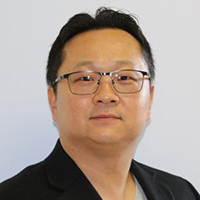
Dr. Shinho Cho
FSU, National MagLab
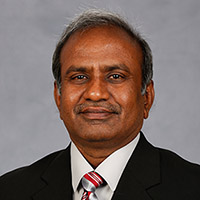
Dr. Varan Govind
University of Miami
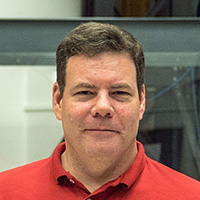
Prof. Samuel Grant
FSU, National MagLab
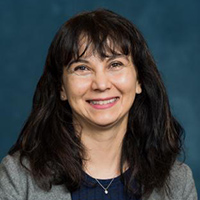
Dr. Magdalena Ivanova
University of Michigan, Ann Arbor
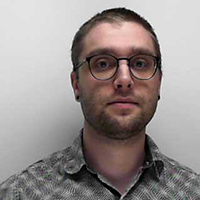
Dr. Samuel McCalpin
FAMU-FSU, National MagLab
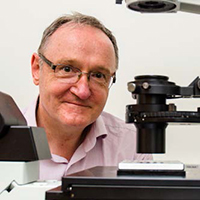
Martin Muschol
University of South Florida
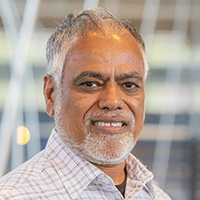
Prof. Ayyalusamy Ramamoorthy
FAMU-FSU, National MagLab
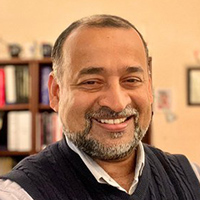
Prof. Vijay Rangachari
University of Southern Missisippi
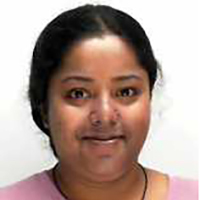
Dr. Jhinuk Saha
FAMU-FSU, National MagLab
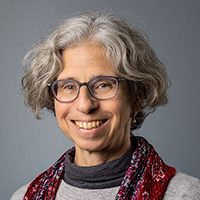
Rutgers University
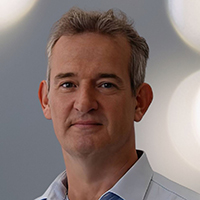
Université de Bordeaux
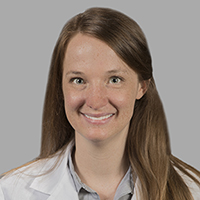
University of South Florida
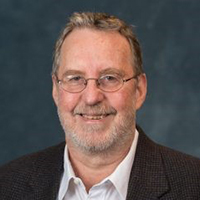
University of Michigan
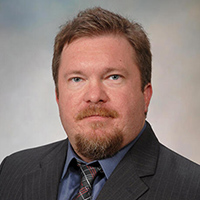
Mayo Clinic, Jacksonville
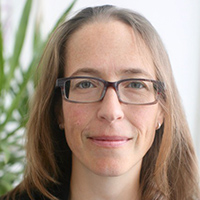
University of Texas Southwestern
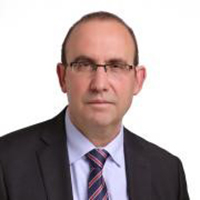
Tel Aviv University, Israel
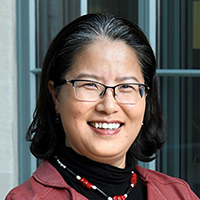
Northwestern University
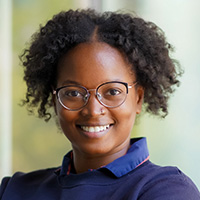
MIT
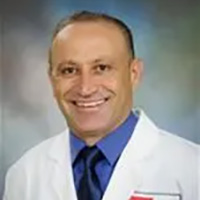
John Sealy Chair for Parkinson's Research
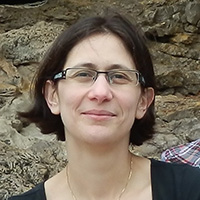
CNRS, Institute of Chemistry and Biology of Membranes and Nano-objects
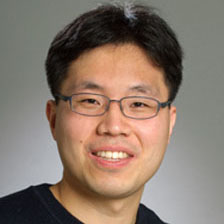
Department of New Biology, DGIST, South Korea
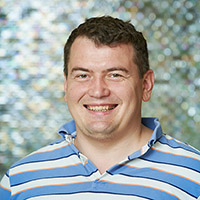
Texas A&M University
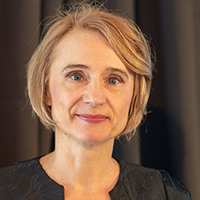
Florida Altantic University
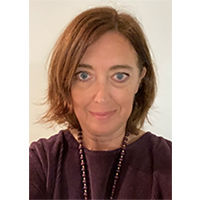
University of Bordeaux
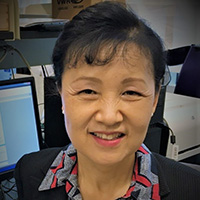
Florida A&M University
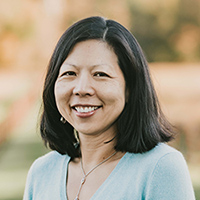
National Institutes of Health
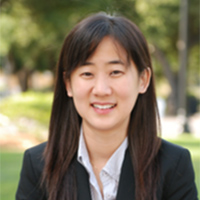
Stanford University
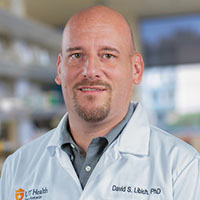
University of Texas Health at San Antonio
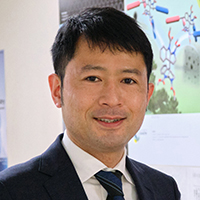
Tokyo University of Agriculture and Technology
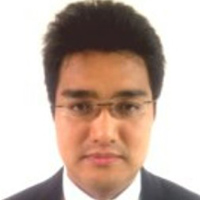
Takahiro Watanabe-Nakayama, Ph.D.
Kanazawa University
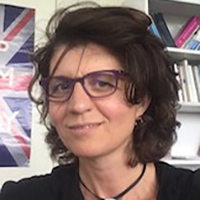
Université Paris Saclay
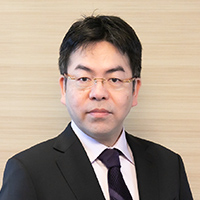
Kanazawa University
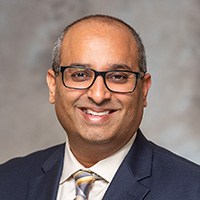
Georgia Institute of Technology
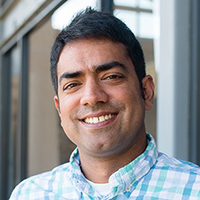
University of Texas Austin
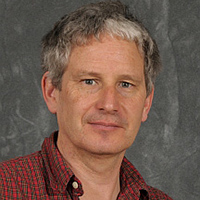
Stony Brook University
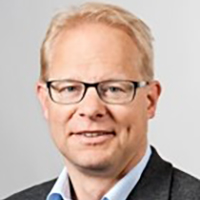
Technical University of Munich, Germany
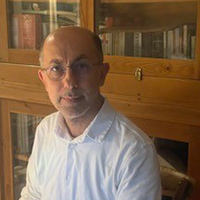
Human Rezaei
National Institute for Agricultural Research, France
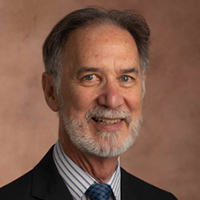
Western Michigan University
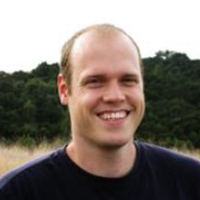
Forschungszentrum Jülich, Germany
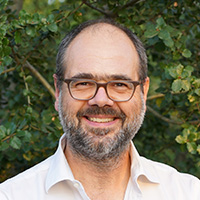
Keck School of Medicine of USC
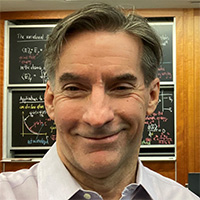
Boston University
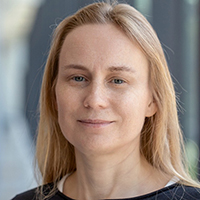
Research Centre Jülich & Heinrich Heine University Düsseldorf, Germany
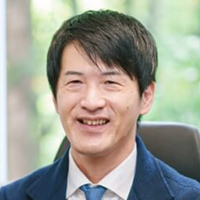
Kyoto University
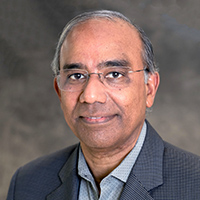
USF Morsani College of Medicine
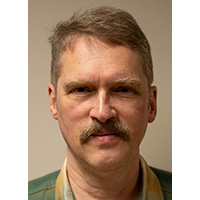
Centre for Prions and Protein Folding Diseases
Start Date: Tuesday, December 3, 2024
End Date: Friday, December 6, 2024
Booking Cut-Off Date: Sunday, November 17, 2024
Hotel(s) offering your special group rate:
Hyatt House Tallahassee Capitol-University for 139.00 USD per night
Go to Hyatt House Tallahassee Capitol-University Page
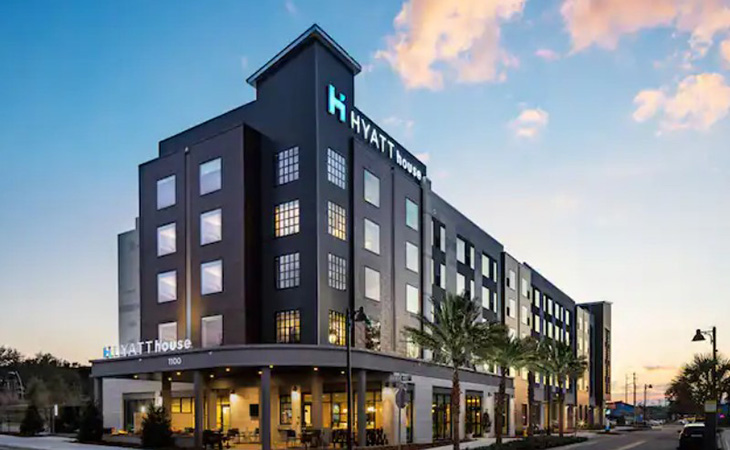
1100 Railroad Ave Tallahassee, Florida, 32310
The only facility of its kind in the United States, the National High Magnetic Field Laboratory (less formally known as the Magnet Lab) is the largest and highest-powered magnet laboratory in the world, headquartered in a sprawling 370,000-square-foot complex near Florida State University in Tallahassee. The lab also includes sites at the Los Alamos National Laboratory in New Mexico and the University of Florida in Gainesville. Together these three institutions operate the lab, collaborating in a unique, interdisciplinary way to advance basic science, engineering and technology in the 21st century.
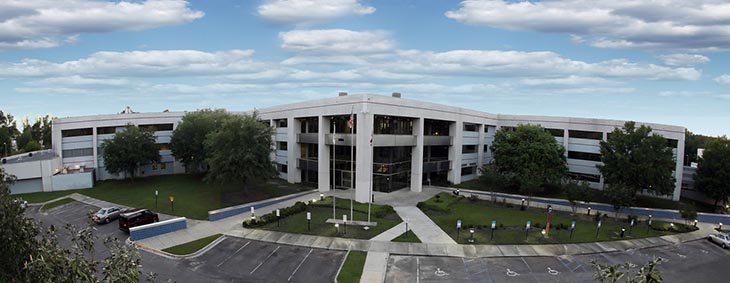
The Magnet Lab
Established by the National Science Foundation in 1990, the lab is a national resource open to both curious visitors and world-renowned scientists. Centralizing the country's greatest magnet-related tools, resources and expertise is not only efficient and cost-effective, but also encourages fruitful, collaborative research at the highest level. Every year, more than 900 visiting scientists and engineers from across the world conduct experiments using our state-of-the-art equipment. Our magnets are far larger, far more powerful and far more complex than the everyday magnets most people are familiar with. Many were designed, developed and built by our magnet engineering and design team, widely recognized as the finest in the world.
Please refer to Travel to Tallahassee page for more information.
Please refer to Visa Information page for more information.
Ayyalusamy Ramamoorthy (Rams), MagLab & FSU
Last modified on 04 November 2024